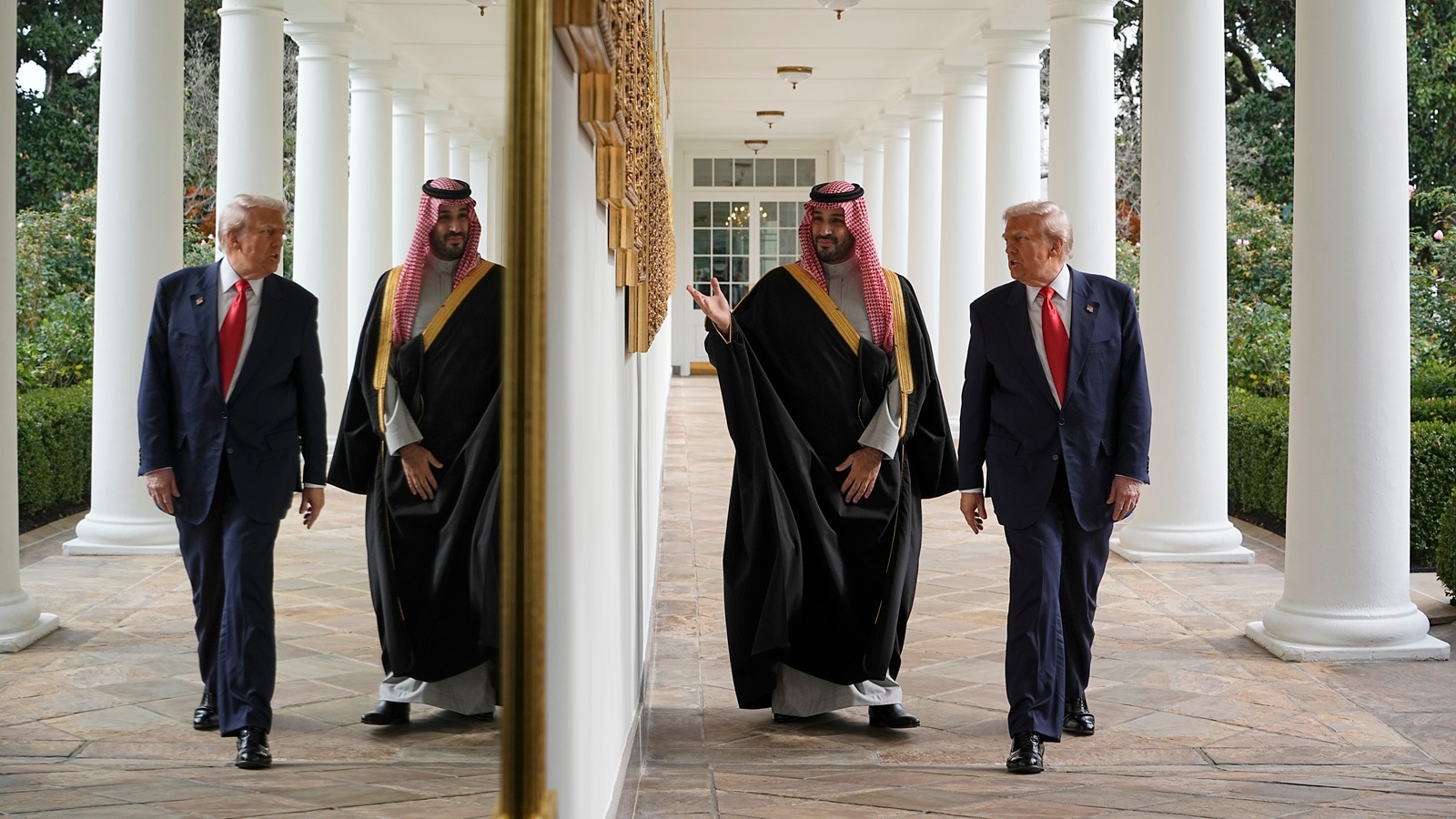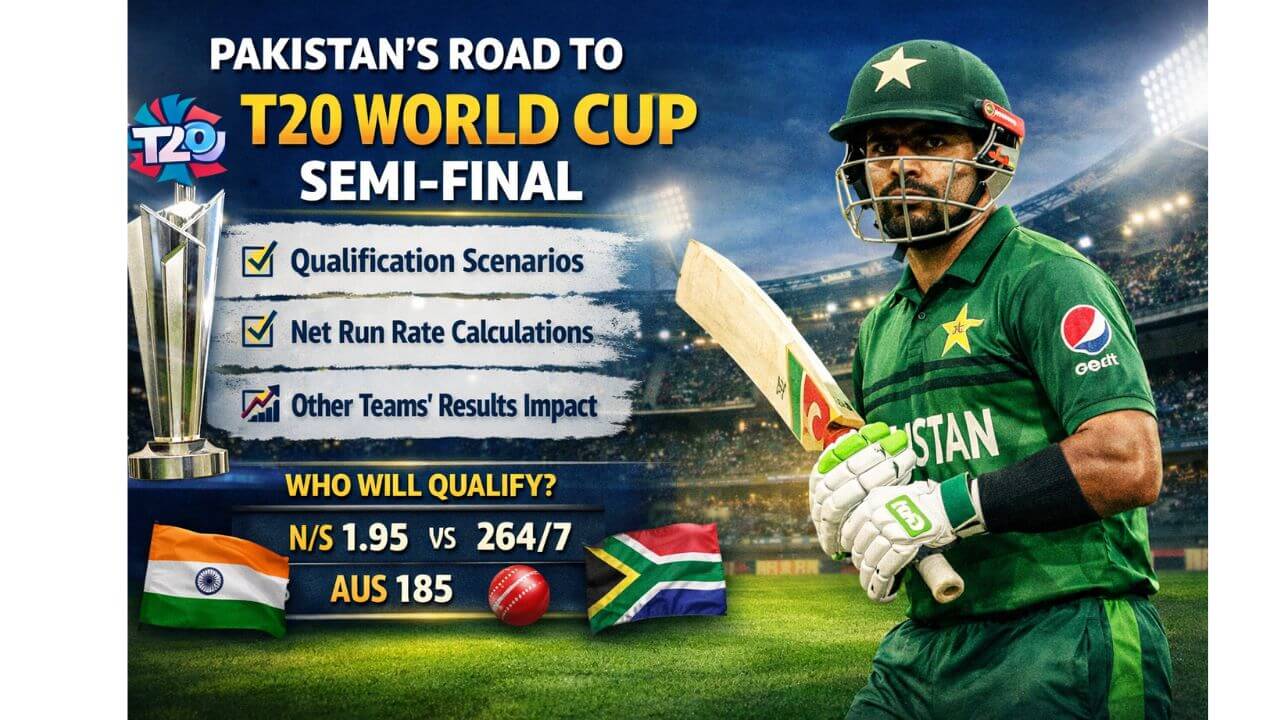
Saudi Prince Reshapes U.S. Relations
Crown Prince Mohammed bin Salman of Saudi Arabia, once deemed a pariah in the U.S., is now reshaping relations with Washington on his own terms. His return to the political forefront reflects a remarkable geopolitical turnaround. After years of being sidelined due to the murder of dissident Jamal Khashoggi, the Crown Prince has emerged as a key player in U.S. foreign policy, particularly under the Trump administration.
During his recent visit, Crown Prince Mohammed secured a commitment from President Trump for F-35 stealth fighters, despite objections from Israel. This deal marks a significant shift in military dynamics in the Middle East, where only Israel currently possesses these advanced jets. The Crown Prince also expressed his desire for peace between Israel and Palestine, emphasizing the need for coexistence and a two-state solution.
In addition to military advancements, the Crown Prince pledged over $1 trillion in investments in the U.S., a figure that underscores Saudi Arabia’s economic ambitions. This investment is particularly important as it aligns with his vision of transforming the kingdom into an artificial intelligence powerhouse, powered by a mix of oil and renewable energy. His strategic outreach to Washington has positioned Saudi Arabia as a crucial player in U.S. interests.
However, not everything went smoothly during the visit. Discussions regarding a nuclear deal were postponed once again, showcasing the complexities inherent in U.S.-Saudi relations. The enrichment of uranium by Saudi Arabia remains a contentious issue, and both sides have yet to reach a consensus on a full-scale defense pact.
The Crown Prince's skillful navigation of American politics has raised eyebrows, as he balances social reforms at home with political pragmatism. His ability to read the political landscape has allowed him to leverage U.S. interests effectively, making Saudi Arabia more relevant than ever. Furthermore, his subtle hints at China's willingness to provide technology could complicate future U.S. dealings in the region.
As the geopolitical landscape evolves, the implications of this new Saudi-U.S. relationship will be closely monitored. The Crown Prince’s effective diplomacy could reshape the power dynamics not only in the Middle East but also in global politics, especially in light of China’s growing influence. The future of these agreements remains uncertain, but one thing is clear: the Crown Prince has successfully repositioned Saudi Arabia on the global stage.










